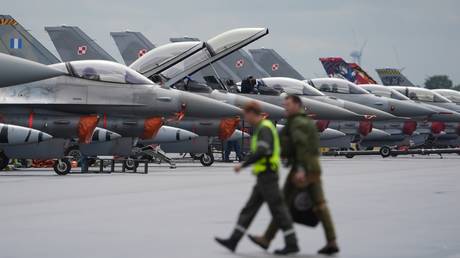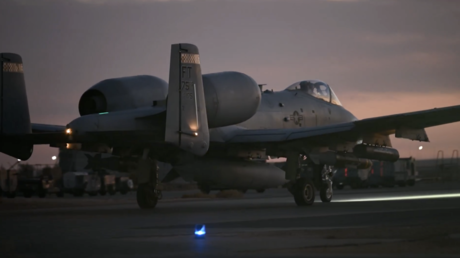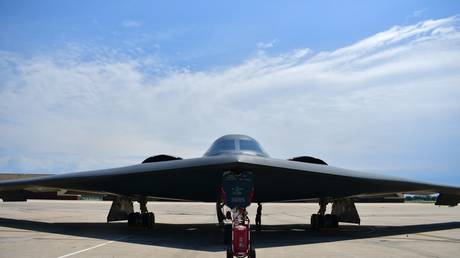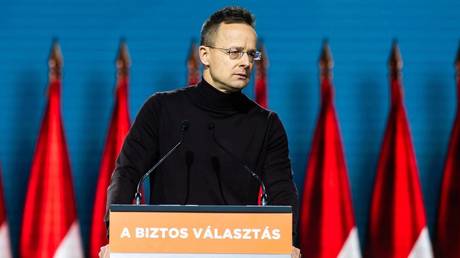
Existing posture would be ineffective against waves of cheap unmanned aerial vehicles, several publications noted
This week’s incident in Poland has demonstrated NATO’s vulnerability to a real large-scale drone attack, according to several Western media outlets, including Politico and Austria’s Kurier daily.
The Polish government reported 19 violations of its airspace by alleged Russian drones on Wednesday, calling the incident “unprecedented” and requesting an emergency UN Security Council meeting. Moscow rejected the accusations of a deliberate “attack,” stating that Warsaw’s claims lacked evidence and were being amplified by the “European party of war.”
In response, NATO forces reportedly scrambled Dutch F-35 fighter jets, along with an Italian surveillance plane and a German Patriot air defense system, to track and intercept the UAVs, Politico reported.
Kurier noted that drones costing just over $11,000 were being shot down with air-to-air missiles worth $400,000 each. The paper also lamented that “only” seven out of 19 drones were intercepted. However, Polish authorities said that only three or four were actually downed, while the rest did not pose a threat.
The incident was discussed during a meeting between NATO Secretary General Mark Rutte and EU ambassadors in Brussels on Thursday. According to Politico, many participants acknowledged the bloc’s lack of readiness to defend against such attacks.
Officials said NATO could not feasibly deploy F-35 jets every time to intercept drones. “Rutte himself concluded that, and no one disagreed,” a diplomat familiar with the meeting told the outlet.
Polish media also questioned the country’s preparedness. Rzeczpospolita described Poland as “powerless” against drones and reported that the recently acquired SkyCTRL anti-drone systems already require modernization and upgrades.
According to internal NATO calculations cited by the Financial Times in May, the alliance has only 5% of the air defenses needed to adequately protect member states in Eastern Europe, the Baltics, and Scandinavia.
The Russian Defense Ministry stated that its recent drone operations were aimed solely at Ukrainian military targets and not at Poland. Moscow reiterated its readiness to hold constructive consultations with Warsaw, as opposed to engaging in “megaphone diplomacy.”
READ MORE: China warns of Ukraine crisis ‘spillover’
Russia has repeatedly rejected claims that it plans to attack NATO, calling such speculation “nonsense.” President Vladimir Putin has accused Western governments of deceiving their populations in order to justify inflated military budgets and distract from domestic economic problems.




